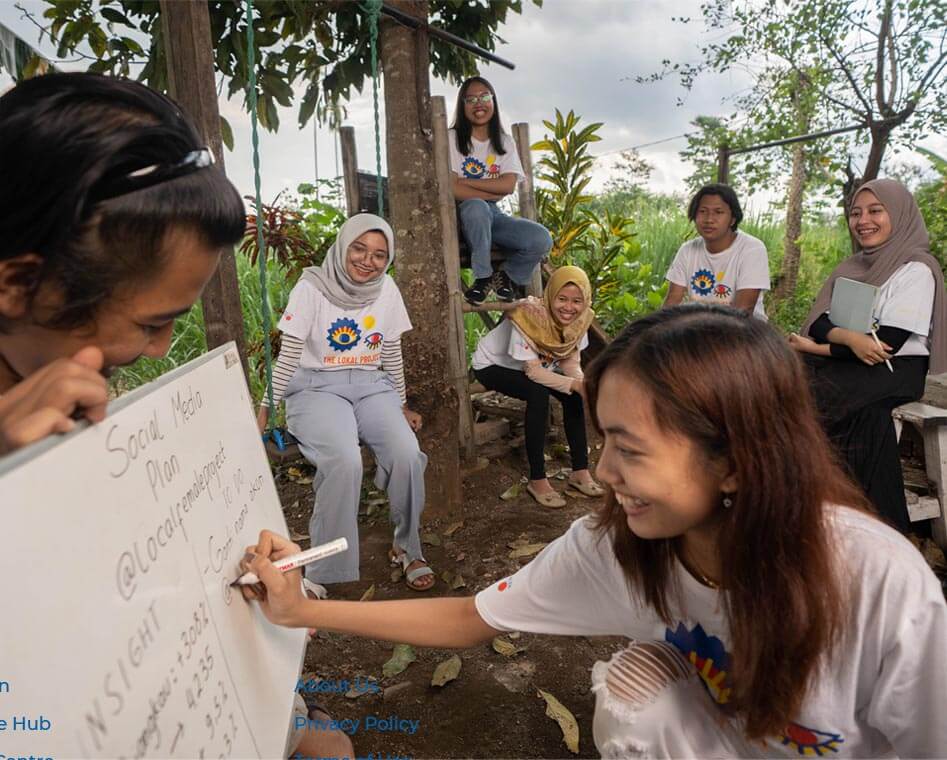CSO-Led Side Event on The 2nd ASEAN WPS Summit – Securing the Future: Intergenerational Leadership Pathways of Women Peacebuilders in Advancing the WPS Agenda in ASEAN

The Women, Peace and Security (WPS) agenda—since the adoption of UNSCR 1325—has become a foundational framework for promoting women’s rights, leadership, and agency in peacebuilding and security governance. In Southeast Asia, where multiple and overlapping crises—from violent extremism to climate-induced displacement—challenge the traditional notion of security, WPS offers a transformative lens that centers on human security and gender justice.
The endorsement of the ASEAN Regional Plan of Action on WPS (2022–2032) marks a significant regional milestone in institutionalizing women’s leadership and protection in peace and security. However, the urgency to implement this agenda sustainably and inclusively is heightened by the emergence of interlinked threats that often transcend national borders. Climate-induced displacement continues to rise, with 7.4 million people displaced in the Asia-Pacific in 2022 alone—many of them women and children—according to the Internal Displacement Monitoring Centre (IDMC). In Southeast Asia, women in rural and coastal areas bear the brunt of environmental degradation, often losing access to land, water, and livelihoods, which pushes them into precarious migration routes.
Implementation of the ASEAN WPS RPoA varies across Member States. The Philippines and Indonesia have made substantial progress through national and local action plans. Indonesia is currently expanding its third WPS National Action Plan to address Non-Traditional Security (NTS) threats. Vietnam launched its first WPS National Action Plan (2024–2030) in August 2024, signaling its commitment to women’s leadership in peace and security, including NTS. Thailand has embedded WPS elements within broader gender policies. Malaysia, the host of the 2025 Summit, has yet to adopt a national WPS plan but is showing increased engagement. Meanwhile, Myanmar continues to face structural and political constraints that hinder the institutionalization of WPS. This side event, grounded in the theme “Securing the Future: Intergenerational Leadership Pathways of Women Peacebuilders,” provides a critical platform to reflect on regional progress, identify leadership gaps, and co-develop feminist, inclusive, and sustainable strategies. In the face of intensifying non-traditional security threats and shrinking civic space, intergenerational collaboration offers not only continuity but also the innovation required for the future of WPS in ASEAN.
Objectives
- To showcase how women peacebuilders across different generations have contributed to
advancing the WPS agenda in ASEAN, especially in addressing evolving peace and security
challenges. - To identify strategies that promote sustained leadership pathways for women peacebuilders
through formal and informal mechanisms at local, national, and regional levels. - To foster stronger cross-country networks that enable women peacebuilders to share
practices, build solidarity, and enhance their role in peacebuilding and conflict prevention. - To formulate practical and inclusive recommendations for ASEAN and Member States to ensure meaningful participation, protection, and recognition of women peacebuilders in the implementation of the WPS agenda.

